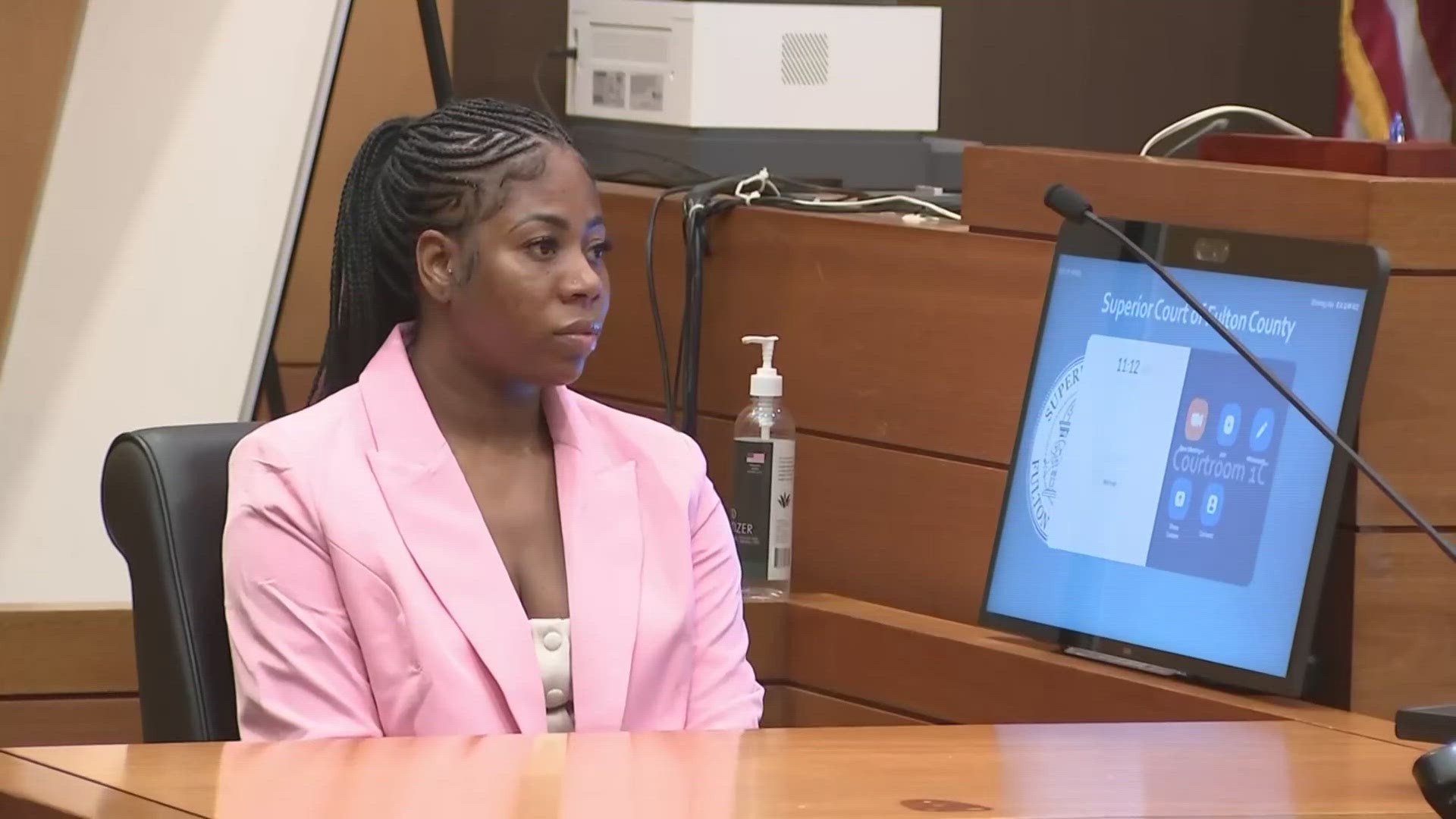ATLANTA — A June 10 private meeting involving the former judge in the trial, prosecutors, and a key witness has become the focal point in the trial against rapper Young Thug and the alleged YSL street gang.
That saga was set in motion by the revelation of the meeting, known as an ex parte meeting, which did not include defense lawyers. The defense attorneys on the case were furious about the meeting, claiming it was improper to the point of requiring Glanville to be taken off the case—a claim that was ultimately successful.
On Monday, it was discovered that several details had been left out of the transcript released from the meeting, which prompted Superior Court Judge Paige Reese Whitaker to revisit calls for the removal of some prosecutors from the case for misconduct.
Defense attorneys allege that possible off-the-record discussions during the meeting may have included Brady material, which the state denies. Brady material describes any evidence that is favorable to the defendant in a criminal trial, which the prosecution is required to disclose.
Attorney Kayla Bumpus, the former stand-in lawyer for Kenneth Copeland, a.k.a Lil Woody, took the stand to testify about the information discussed during the meeting regarding the murder of Donovan Thomas, some of which was not included in the transcripts.
Watch her full testimony | Story continues after the video
Judge Whitaker told both the defense and prosecution that the court takes Brady violations “very seriously," and she is aware that she has the authority to remove the Fulton County District Attorney's Office prosecutors from the case.
Whitaker ruled last week that all of Copeland's testimony from after June 12 would need to be redone, but today, she said that would need to be reconsidered. The judge said due to the revelations made in court, Copeland may have to re-do his entire testimony.
The judge is pushing for cooperation between the prosecution and defense to expedite the trial, which has been ongoing for 18 months.
Meanwhile, the jury still has not returned -- and, in theory, if they're strictly following court rules to not follow news coverage of the trial, they aren't even aware there's a new judge.
11Alive's Grace King has more on that wrinkle in the case, and what jurors might be told when it's expected they return this week:
The jury was projected to return Wednesday, Aug. 5, but Whitaker said it is "less likely" after more information has come to light.
Watch the full stream below
More on recent case developments
The case's initial judge, Ural Glanville, was removed after attorneys for Young Thug had argued that he should no longer oversee the case because of a June 10 proceeding known as an ex parte meeting that became the subject of deep contention in the trial.
In her order, Judge Rachel Krause -- who was assigned the recusal matter -- stated, "This Court has no doubt that Judge Glanville can and would continue presiding fairly over this matter if the recusal motions were denied, but the 'necessity of preserving the public's confidence in the judicial system' weighs in favor of excusing Judge Glanville from further handling of this case."
The controversial private meeting led to Young Thug's attorney Brian Steel being held in contempt and sentenced to a 20-day jail sentence, which was reversed after the state Supreme Court granted him bond.
Steel had been held in contempt for refusing to reveal his source for how he heard about the ex parte meeting.
Judge Glanville later released the transcript of the meeting with the witness, Kenneth Copeland, a.k.a. "Lil Woody."
Copeland was arrested on June 7 and held in contempt after refusing to testify on the stand as part of an immunity agreement. A few days later, in the judge's chambers, prosecutors shared an email sent to them by Copeland's attorney accusing them of making him a target by forcing him to testify. They also said his attorney was threatening to pull out of the case.
Prosecutors later told Copeland that if he still refused to take the stand, he could be in jail until every defendant had their cases decided. He did eventually testify.
Copeland had an attorney present for the meeting, but she was a stand-in for his usual lawyer, who was out of town. Steel insinuated that the court was committing "coercion" as no representation for his client was invited to the meeting.
The extraordinary turn in the case captivated legal observers.

